
 |
home ao english musik literatur journalismus bilder sprachen mehr shop sitemap | |
| فارسی Farsi: Internet Resources and Language Materials |
| Intro Deutsch English Nederlands Latina Français Italiano Español Português Русский |
|
Dict's: |
|
Lessons |
|
Video Channels (many with subtitles) |
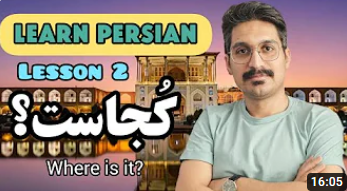
|
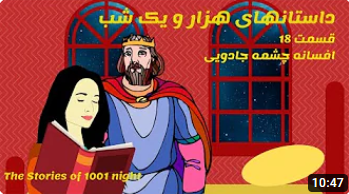
|
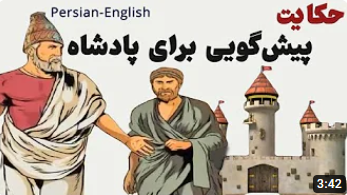
|

|

|

|

|
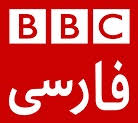
|
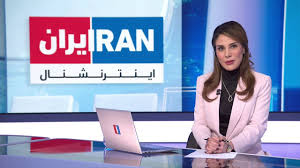
|

|

|

|

|

|

|

|

|
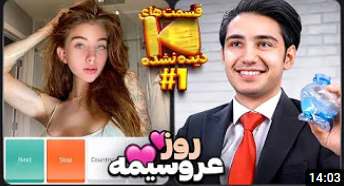
|

|

|

|

|
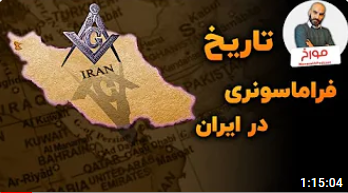
|
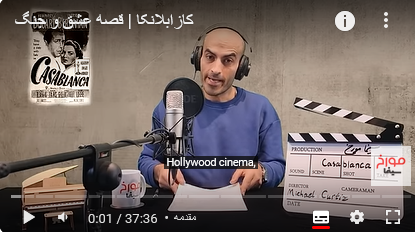
|
|
More |
 |
کَک: کوچکترین قهرمانان کارتونی در تمام دورانها | 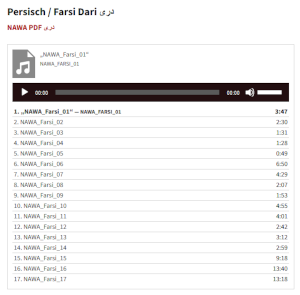 |
NaWa: One hour audio and text on trauma relief in Persian and other languages, studio quality |
 |
Digital Dialects, language games in Farsi |
|
Websites |
persianyoutubers.com Best Persian Youtube Channels and Iranian Youtubers |
|
More II |
 |
I love the series "Rihla ma'a l-Faarisiye" which is Arabic and means: Journey with the Persian Language. It is such a gem, provided you speak Arabic. The series is about a Lebanese student, Hasan, who visits his friend Mohsen in Teheran for language studies. The forty episodes are about 25 minutes each. Hasan gets a nice room in the house of Mohsen`s family with learning materials and a lot of space. Looks a bit like a dollhouse, but it is a generous gesture, anyhow. Some of the lessons take place here, but the two friends also go places and talk with people in the restaurant, the museum, at the counter and in the gym. Mohsen studies film-making and he knows Arabic. So the main language is Arabic. When they speak Farsi, the text appears in Farsi and Arabic as subtitles. |
 |
A running gag is that words magically appear on the wall, in the mirror and in several other places. People and things can also appear and disappear. Whenever Hasan asks how this can be, his friend answers: "This is not important. Important is that you learn Farsi." There are also ironic self-references in the program, for example when the father says: "There is a language program on Al-Kawthar which you may find useful." Al-Kawthar is the Iranian TV program that broadcast the series; the whole content of the channel is in Arabic. Each episode has a grammar part where a teacher (Dr. Mas'ood Fikri, the author of the series himself!) stands at a desk talking to six students about grammatical phenomena. They look a little like a gospel choir. The lessons are very useful and the teacher is an expert in the Arabic language, too. Of course, this whole thing is in Arabic and for Arabs, but it is something else and it is easy to identify with Hasan and follow his approach. The way he repeats things, the way he stutters his first words, the way he really wants to know ... all this is captivating. - No matter which language you are learning, find this thing that captivates you! |
 |
 (I started with Farsi on June 3, 2016) |
 |
| Datenschutzerklärung und Impressum (data privacy statement and imprint) |